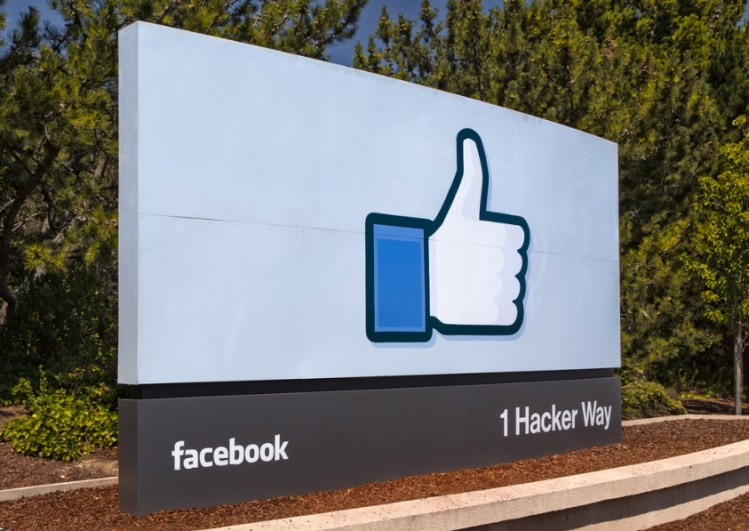The Supreme Court has ruled in favor of a man who was sentenced to a 44-month prison term after posting threatening messages on Facebook.
In a 7-2 ruling the Supreme Court voted to reverse and remand Anthony Elonis’s conviction. Elonis was convicted of violating a federal threat statute after posting violently graphic content to his Facebook. At the time he posted the messages, he disclosed that the posts were a fictitious response to his wife leaving him.
“There’s one way to love you but a thousand ways to kill you. I’m not going to rest until your body is a mess, soaked in blood and dying from all the little cuts,” he wrote in a 2010 Facebook post.
Elonis was convicted in December of last year after his former boss reported his behavior to the FBI. Elonis appealed the decision to the Supreme Court.
Today’s court opinion, delivered by Chief Justice John Roberts, states:
Elonis’s conviction was premised solely on how his posts would be viewed by a reasonable person, a standard feature of civil liability in tort law inconsistent with the conventional criminal conduct requirement of “awareness of some wrongdoing.”
The opinion noted that there wasn’t sufficient evidence to show that Elonis intended to threaten his wife.
The case drew a lot of attention because of its implications for free speech on the Internet. Bullying is a hot topic of debate for social platforms, who often unintentionally provide a soapbox for hate speech and other negative commentary. The legal regulation around bullying and other types of negative Internet speech are murky and mostly moderated by the social platforms themselves. The controversial Elonis conviction was notable because it marked a legal crackdown on this kind of content.
Had the Supreme Court upheld the Elonis conviction, social platforms may have had to institute more restrictive rules. However, today’s opinion means that the Web will remain a bastion of free speech — for better or worse.


